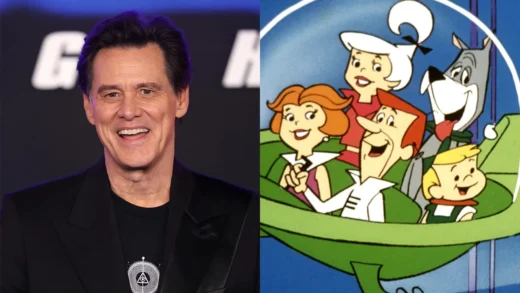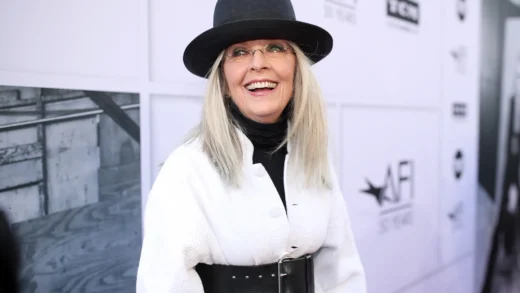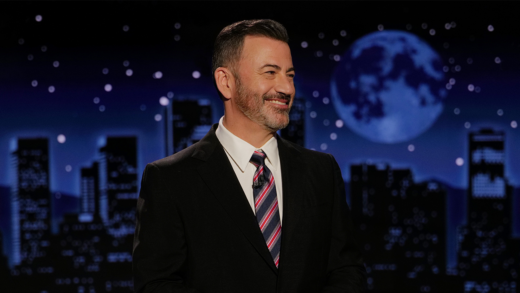Liberals who flock to movie theaters this weekend for the premiere of Fahrenheit 11/9 might not leave with the bounce in their step they were expecting.
Michael Moore has made it clear that the intention of the movie is to help bring down President Trump, but it also casts blame on liberals for the situation.
The leftist filmmaker certainly targets Trump, but he also takes aim at those people who will be sitting in the theater seats. Moore paints Trump as a symptom of a situation that has been created in part by self-absorbed liberals who served up Hillary Clinton as the Democratic nominee. He believes voter apathy fostered by people like the Clintons propelled Trump to a victory.
Moore’s target in this film is actually not Trump. Instead, the target appears to be Democratic voters who need encouragement to get to the polls. He points the finger squarely at those people who don’t vote. He also alludes to the fact that those who watched “The Apprentice” and didn’t complain about what Moore perceives to be a racist and sexist demeanor bear responsibility for the Trump Administration. Moore gripes that “nobody wrote in to NBC to ask for the removal of an overt racist.” Fahrenheit 11/9 paints a picture that those viewers helped embolden the man who would become president by giving him a platform.
Moore argues for his left-leaning political views passionately and forcefully, often building his case by mixing damning archival footage and expert interviews with his own goofy antics and sly commentary. The effect is something of a gale force, sweeping you along and compelling you to nod your head, without a lot of time to wonder what’s been left off the screen.
It’s effective, and Moore’s sources as embedded in his narrative are generally reliable. But it can feel loose and free-associative in some ways, and Moore’s injection of his own persona into his films — especially the smug snark of his commentary and the affected cluelessness he uses as an interview technique — can get old very quickly.
Fahrenheit 11/9 is a sweeping broadside against Trump, to be sure — not an original approach in documentary filmmaking these days. But it also does what few political films seem willing to do in the Trump era: It powerfully (if unsystematically) dismantles idealistic notions about how much better things were before Trump took office.
The film’s news peg may be the current administration, but its target is self-satisfied liberals who more or less trust the system. Early on, Moore even implicates himself, offering up a series of mea culpas for people he’s hobnobbed with in the past — Kushner, Steve Bannon, Kellyanne Conway, and Trump himself (on Roseanne Barr’s talk show, no less).
And when Fahrenheit 11/9 does turn to the election itself, it’s less interested in Trump as cause and more as symptom of nationwide disillusionment, money-driven elections, and a resulting apathy about the political process. (Forty percent of eligible Americans didn’t even vote in the 2016 election.)
Fahrenheit 11/9 is not going to convince any Trump loyalists to reconsider. But it has no interest in doing that. #NeverTrump conservatives aren’t likely to watch the film either, even though it may offer them some surprising common ground, despite the fact that Moore’s critique of the Democratic Party comes from his democratic socialist views.
The timing of Fahrenheit 11/9‘s release is intended to help drive Democratic voter turnout. Remarkably, this movie is not a comedy, but you might think it is after watching the video below.
As a film, Fahrenheit 11/9 is flawed. The movie feels at times more like a crash course in what’s happened since 2016, a kind of “worst hits” album desperate to hit every possible point and draw them all into a unifying theory.
(Excerpts) Read More at: Vox.com and TMN.today




